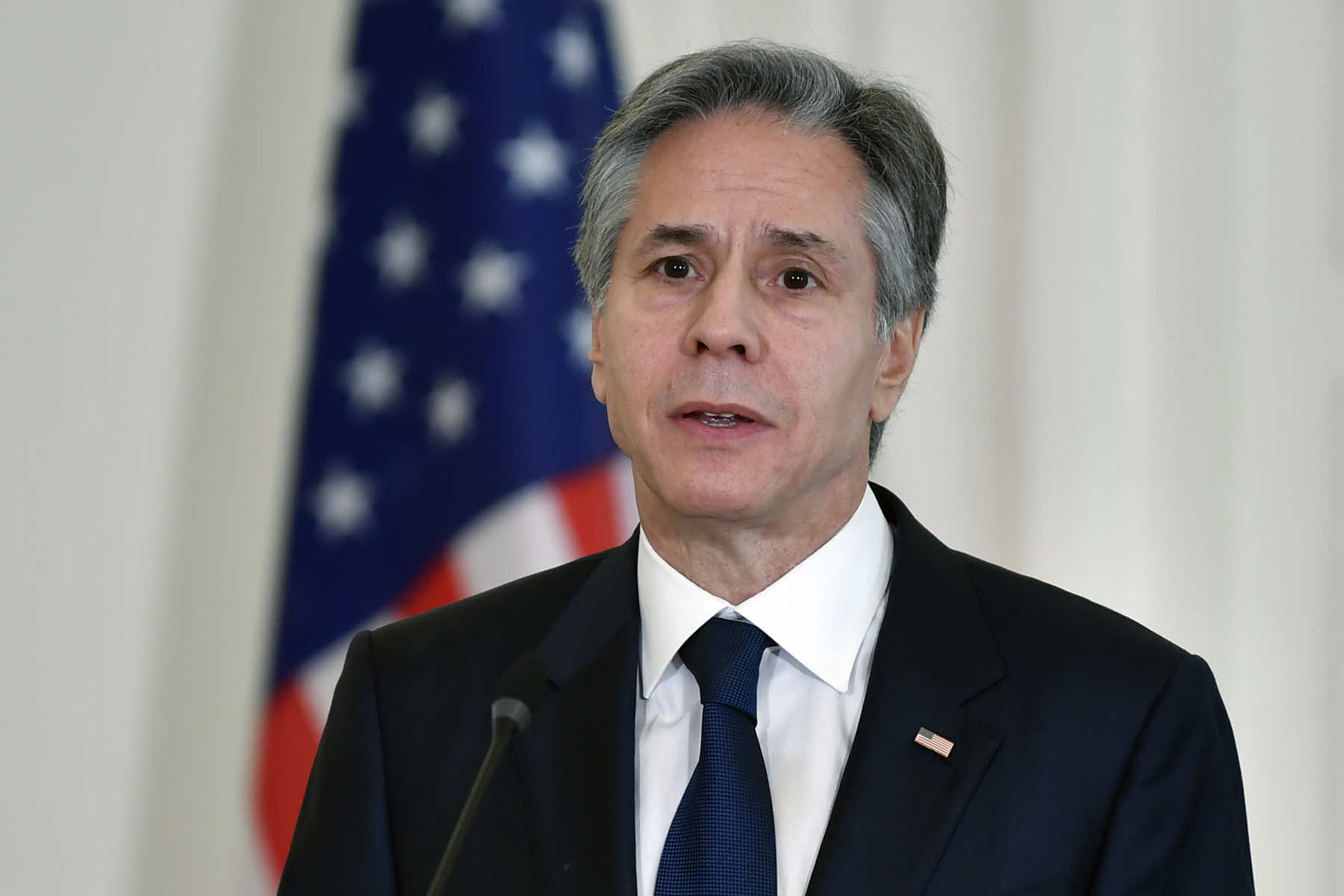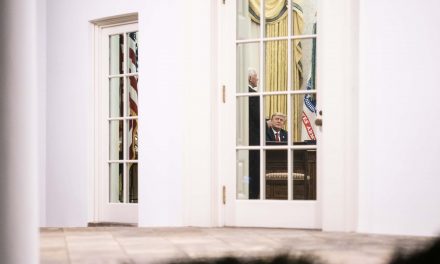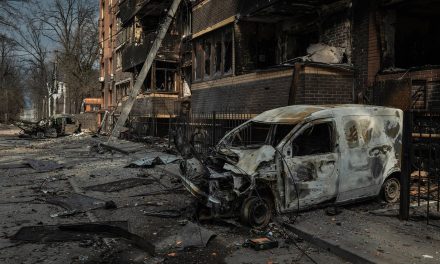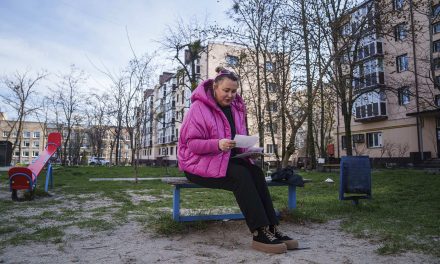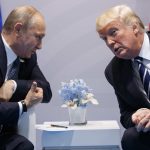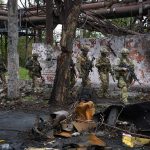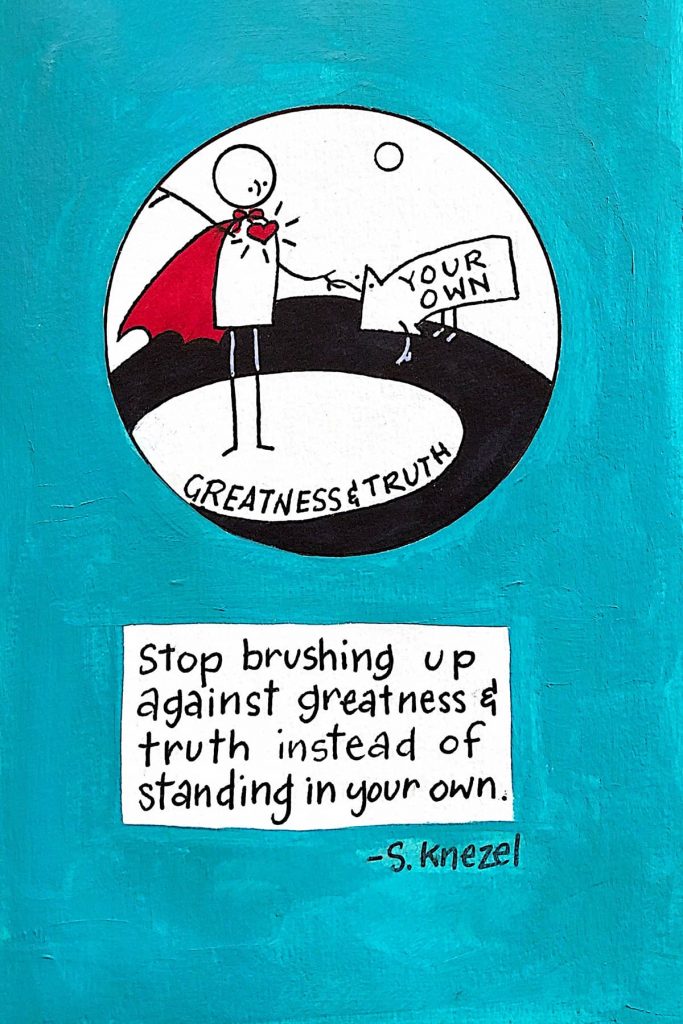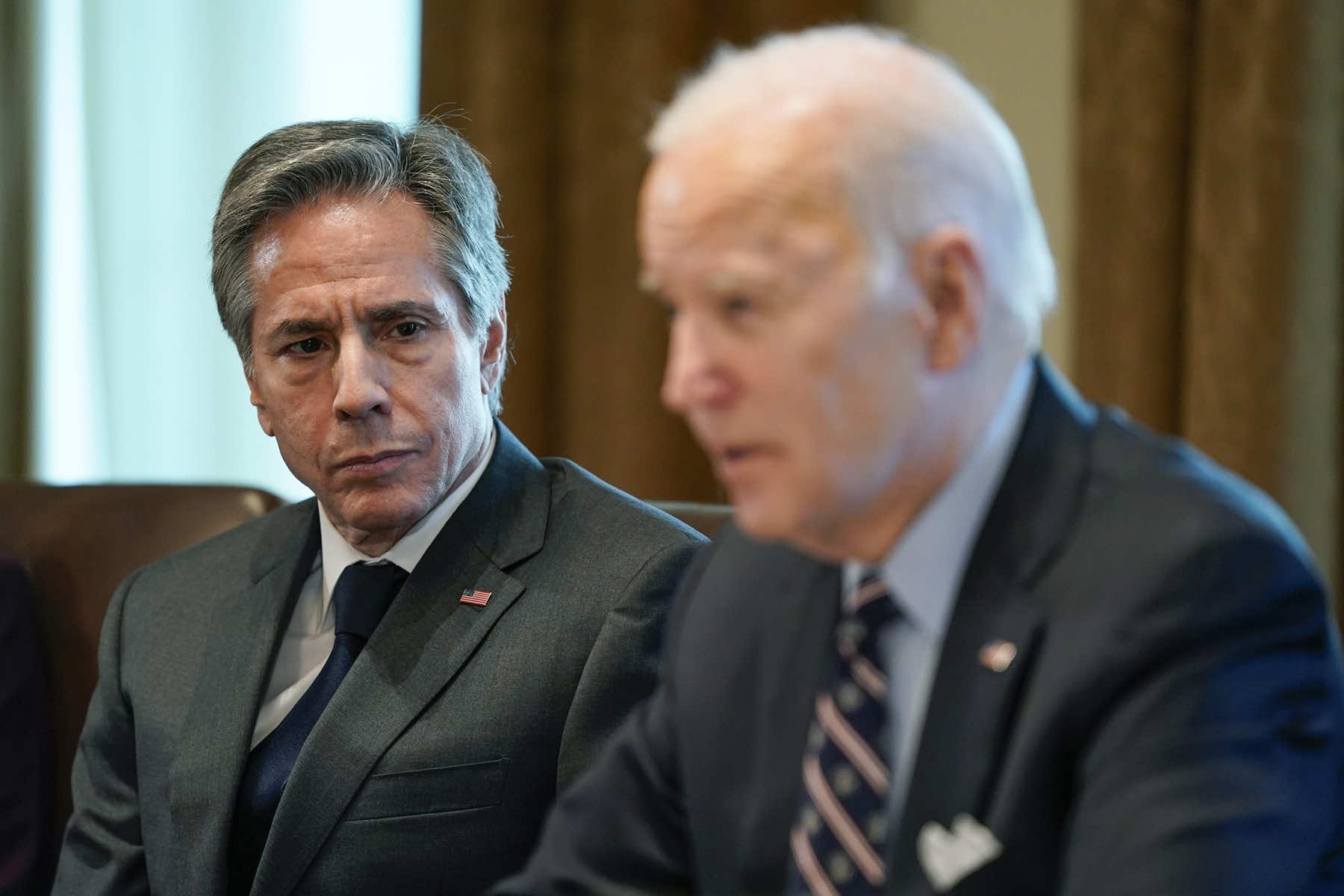
“One year and one week ago — on February 17th, 2022 — I warned this council that Russia was planning to invade Ukraine,” Secretary of State Antony Blinken told the United Nations Security Council Ministerial Meeting on Ukraine Sovereignty and Russian Accountability on February 24.
“I said that Russia would manufacture a pretext, and then use missiles, tanks, soldiers, cyber attacks to strike pre-identified targets, including Kyiv,” Blinken continued, “with the aim of toppling Ukraine’s democratically elected government. Russia’s representative — the same representative who will speak today — called these, and I quote, ‘groundless accusations.’
“Seven days later, on February 24th, 2022, Russia launched its full-scale invasion.”
When Putin’s initial attack failed to give him control of Ukraine, Blinken continued, “he called snap referenda in four occupied parts of Ukraine, deported Ukrainians, bussed in Russians, held sham votes at gunpoint, and then manipulated the results to claim near unanimous support for joining the Russian Federation.”
“Over the last year,” Blinken said, “Russia has killed tens of thousands of Ukrainian men, women, and children; uprooted more than 13 million people from their homes; destroyed more than half of the country’s energy grid; bombed more than 700 hospitals, 2,600 schools; and abducted at least 6,000 Ukrainian children — some as young as four months old — and relocated them to Russia.
“And yet, the spirit of the Ukrainians remains unbroken; if anything, it’s stronger than ever.”
Blinken’s remarkable speech told the history of Russia’s 2022 invasion of Ukraine, then highlighted that the world community has come together to stand behind Ukraine and the principles of the United Nations Charter that make all countries safer and more secure: “No seizing land by force. No erasing another country’s borders. No targeting civilians in war. No wars of aggression.”
He noted that the war had caused hardship around the globe, but the “vast majority” of states in the United Nations have condemned Russia’s violations of the U.N. Charter, including 141 who voted for a resolution along those lines on February 23.
When Putin tried to use hunger as a weapon to end sanctions, more than 100 countries stepped up to bring down world grain prices; when Putin tried to use energy as a weapon, the rest of the world redirected national gas supplies so that the countries he was targeting could keep their people warm, and Europe worked hard to end its dependence on Russian energy.
Blinken said that if we do not defend the basic principles of the U.N. Charter, “we invite a world in which might makes right, the strong dominate the weak. That’s the world this body was created to end.”
While everyone — especially Ukraine — wants peace, he said, that peace must be durable, not simply an excuse to let Russia rest, rearm, and relaunch the war. As Ukraine president Volodymyr Zelensky has outlined, any peace must honor Ukraine’s territorial sovereignty. Putin has rejected this condition out of the box, saying that Ukraine must accept his “annexation” of Ukraine’s territories.
Blinken reminded his listeners that not everything in the world has two sides. “In this war, there is an aggressor and there is a victim,” he said. “If Russia stops fighting and leaves Ukraine, the war ends. If Ukraine stops fighting, Ukraine ends. The fact remains: One man — Vladimir Putin — started this war; one man can end it.”
When Russia and its defenders say the ongoing war is diverting resources from others in need, Blinken said, “look at Moscow’s actions” and look at the numbers. Last year, the U.S. contributed $13.5 billion in food aid and funded more than 40% of the World Food Program’s budget. Russia pays less than 1% of that budget.
Blinken went on: “Based on the latest UN figures, the United States donates over nine times as much as Russia to UN peacekeeping. We donate 390 times as much as Russia to UNICEF. We give nearly a thousand times as much as Russia to the UN Refugee Agency.”
Blinken reminded his listeners that the atrocities we are seeing Russians commit in Ukraine are not normal. “Bucha is not normal,” he said. “Mariupol is not normal. Irpin is not normal. Bombing schools and hospitals and apartment buildings to rubble is not normal. Stealing Ukrainian children from their families and giving them to people in Russia is not normal.
“We must not let President Putin’s callous indifference to human life become our own.”
The leaders of the international Group of Seven, known as the G7, met virtually with Zelensky on February 24. The G7 includes Canada, France, Germany, Italy, Japan, the United Kingdom and the United States, as well as the European Union.
The statement they issued echoed Blinken’s speech, then went on to pledge to continue food and humanitarian aid as countries suffer from the war, and to continue to design sanctions to make sure those countries continue to have access to food and fertilizers. The G7 leaders expressed “profound sympathy” for those affected by the “horrifying earthquakes in Türkiye and Syria” and pledged continued support.
“Above all,” they said, “our solidarity will never waver in standing with Ukraine, in supporting countries and people in need, and in upholding the international order based on the rule of law.”
The Biden administration announced $2 billion in military aid to Ukraine, including drones, communications equipment, HIMARS rockets, and 155-millimeter artillery ammunition, while the G7 has increased its 2023 support for Ukraine to $39 billion, and both Germany and Sweden committed to sending more Leopard 2 tanks.
The deputy chair of Russia’s security council, former president Dmitry Medvedev, said that Russia planned to “push the borders of threats to our country as far as possible, even if these are the borders of Poland.” Poland is a member of the North Atlantic Treaty Organization (NATO), meaning an attack on it would be an attack on the rest of NATO, including the United States.
At a press conference in Kyiv on February 24, Zelensky said: “Victory will be inevitable. I am certain there will be victory.”
“We have everything for it. We have the motivation, certainty, the friends, the diplomacy. You have all come together for this. If we all do our important homework, victory will be inevitable.”
Patrick Semansky (AP) and Michael Varaklas (AP)
Letters from an Аmerican is a daily email newsletter written by Heather Cox Richardson, about the history behind today’s politics

